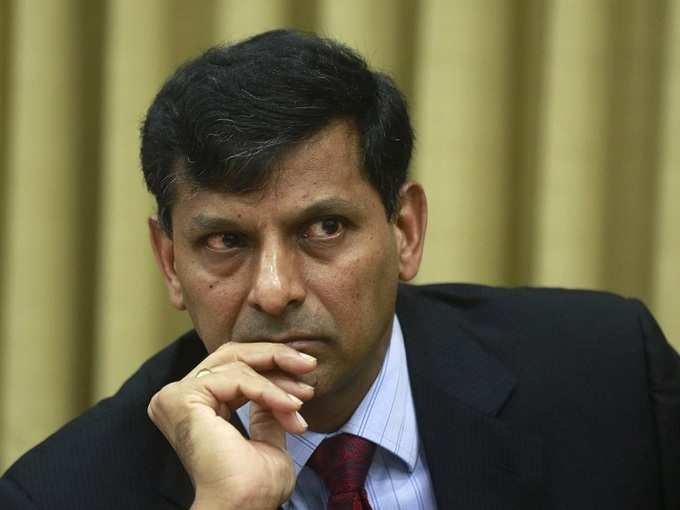
A parliamentary panel has expressed unhappiness and disappointment with Reserve Bank of India (RBI) and associated banks for the bad loans situation. The panel said that the way the two had managed the problem could have been better.
The report was tabled in Parliament on Wednesday as the standing committee on finance rapped the central bank, saying that it "does not seem to have quite succeeded, as a regulator" in implementing and enforcing its guide lines on stressed loans while urging it to be more 'proactive'.
The committee also called for a clear distinction to be made between "wilful defaulters" and other defaulters in the procedures, saying that "wilfully defaulting" promoters should be dealt with sternly and promptly.
This has happened because in the quarter that ended in December 2015, many state-run banks declared a sharp rise in non-performing assets (NPAs), which forced them to set aside large sums of money so that they can cover potential losses.
While some of them have said that they have seen a plunge in profits, some said that they are running in losses.
"Bank balance sheets continue to remain under pressure and recent quarterly results of banks are a grim reminder of the situation tha banks find themselves in, with most of them reporting sharp dip in profits, with NPAs and provision for write offs ballooning," the Veerappa Moily headed committee said. It also added that NPAs can very well damage India's growth story.
The committee rebuked the banks, saying that it should not have failed to notice the early signs of stress on the loans disbursed by them.
"Mere issuing of guidelines by RBI does not seem to have yielded the desired results... As the committee would not like the RBI to be a passive regulator, when major lapses occur in banks, it would be in the fitness of things if RBI exercises its regulatory powers vis-a-vis banks to take punitive action in cases of default and to enforce their guidelines," it said.
Talking to RBI, the committee said that it should have its regulatory role well delineated and thus not have its director in the board( s) of banks as part of their management, "as conflict of interest may lead to avoidable laxity".
It also called for an enquiry into decisions taken to sanction loans that were passed after violating norms and said that appropriate penal action should be taken against the defaulters.
Image source
